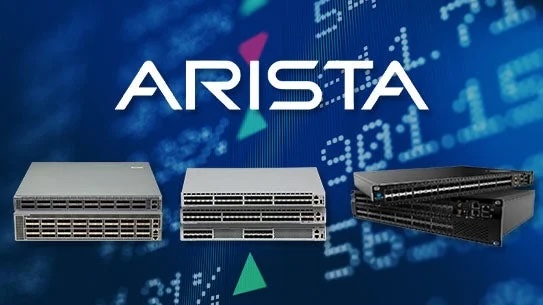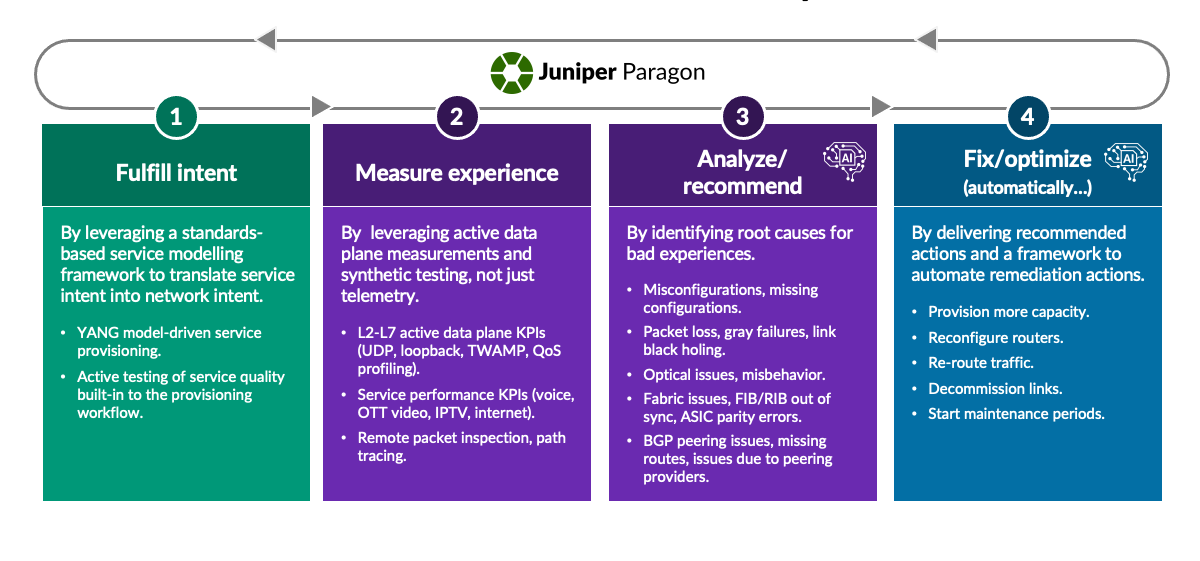The SDWAN world is buzzing with reports suggesting that Arista Networks is set to acquire VeloCloud, Broadcom’s software-defined wide area network (SD-WAN) business. While no official announcement confirming the deal has been made, the potential acquisition has sparked considerable discussion about the strategic implications for both companies and the broader networking market.
Arista has been a powerhouse in high-speed Ethernet switching for years, dominating data centers and cloud environments with its robust hardware and highly regarded EOS (Extensible Operating System) software. However, the company has been increasingly setting its sights on expanding its reach into the enterprise market, pushing into campus networking and developing its own enterprise WAN routing solutions.
Acquiring VeloCloud would be a big leap in Arista’s expansion strategy. VeloCloud, a well-established player in the SD-WAN space (acquired initially by VMware before Broadcom purchased VMware), offers a mature, cloud-delivered platform for optimizing and managing traffic across diverse WAN connections. For Arista, bringing VeloCloud into its portfolio would instantly bolster its presence at the enterprise network edge, a critical domain as businesses increasingly rely on cloud applications and support distributed workforces. It aligns nicely with Arista’s software-centric philosophy. It could seamlessly integrate with its CloudVision management platform, offering customers a more unified view and control from the data center to the branch.
Broadcom likely sees divesting VeloCloud as part of a continued effort to streamline its portfolio following the massive VMware acquisition. Integrating VMware’s extensive software assets has been a key focus, and Broadcom appears to prioritize core virtualization, cloud foundation, and security offerings. Shedding VeloCloud, while a valuable asset, could be seen as optimizing the portfolio and focusing on areas deemed more central to Broadcom’s long-term strategy. It could potentially also alleviating any perceived overlap or competition with its significant networking silicon customers.
If the acquisition rumors are true, the move would undoubtedly shake up the competitive landscape in the SD-WAN market. Arista would immediately become a more formidable challenger to established SD-WAN vendors like Cisco (with its Viptela and Meraki offerings), Fortinet, and Zscaler. This increased competition could drive further innovation and benefit customers through enhanced features and integrated solutions. It also accentuates the ongoing trend of convergence in networking, where vendors are striving to provide comprehensive solutions across traditionally separate network domains. Companies like HPE, which recently announced its intent to acquire Juniper Networks, are also making significant moves to strengthen their end-to-end networking capabilities, highlighting the strategic importance of integrated portfolios in today’s market.
While the potential integration of VeloCloud into Arista’s portfolio presents exciting opportunities, challenges in merging technologies, support systems, and customer bases will need to be navigated. However, given Arista’s track record in executing on strategic acquisitions and its focus on software quality, many will be watching closely to see how this potential deal reshapes the future of enterprise networking.



